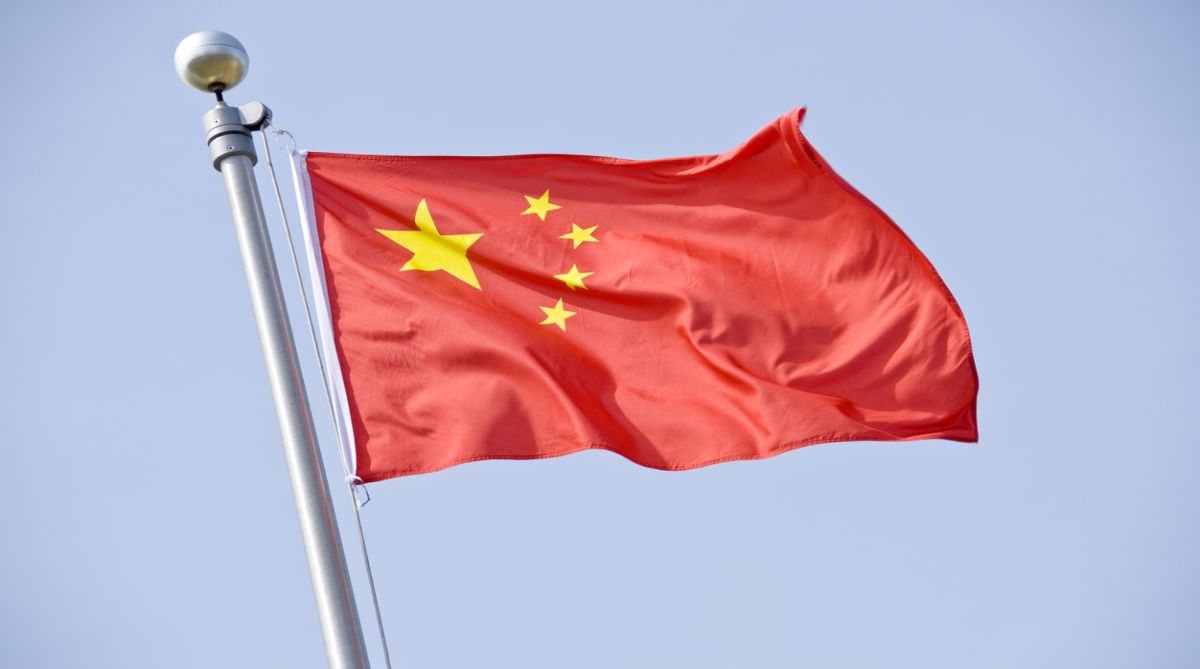IML 2025: Australia Masters beat England Masters to set semis date with India Masters
The win ensured Australia Masters finished third on the IML points table, setting up their knockout clash with No. 2 placed India Masters.
China has pledged around $5.88 billion worth of aid to the Pacific since 2011, less than Australia’s $6.72 billion, reports CNN.

(Photo: iStock)
China could overtake Australia as the biggest donor to Pacific nations, but only if Beijing follows through on its promises of aid and support that are currently billions of dollars short of being realized, a new report said here on Friday.
According to the report from Australia’s Lowy Institute, a foreign policy think tank, China has pledged around $5.88 billion worth of aid to the Pacific since 2011, less than Australia’s $6.72 billion, reports CNN.
Advertisement
During the same period, the US committed $1.36 billion in aid to the Pacific.
Advertisement
While Australia is still the biggest player in the region, ongoing major spending under Belt and Road could see Beijing leapfrog it.
In Papua New Guinea alone, China has pledged billions of dollars to build roads and other projects, some of which is not reflected in the Lowy data because the deals are in their early stages.
However, during the 2011-2018 period, only around 21 percent of the money China pledged was actually spent, compared to 97 percent for Australia, according to the report.
While China’s aid commitments would see it overtake Australia in the near future, Jonathan Pryke, director of Lowy’s Pacific Islands Programme, was skeptical if actual spending would ever match Beijing’s promises.
“China is talking a big game in terms of its commitments to the region and that’s concentrated on one country, Papua New Guinea,” he said. “I’m not convinced China will (overtake) Australia. We have a much broader, much deeper degree of engagement than China has.”
Earlier this year, Australia’s Minister for International Development and the Pacific Concetta Fierravanti-Wells accused Beijing of constructing “useless buildings” and roads that “(don’t) go anywhere” while loading unsustainable debt onto poorer countries, reports CNN.
Australia has become increasingly gripped by concerns over Chinese influence in the country, and relations between Beijing and Canberra have deteriorated around the passage of anti-foreign influence laws seen as targeting China.
A series of angry editorials and opinion pieces in Chinese state media when the laws were first introduced labeled them “disgraceful” and “absurd”.
Advertisement